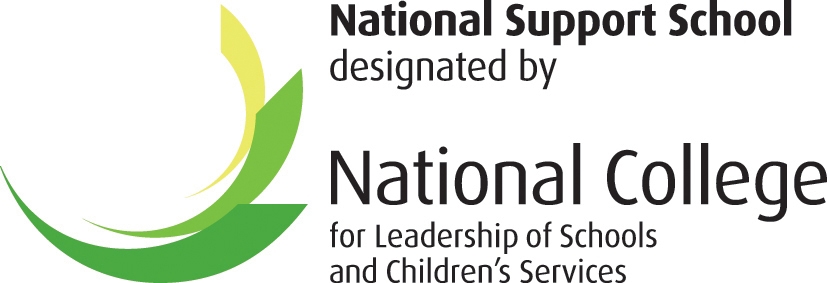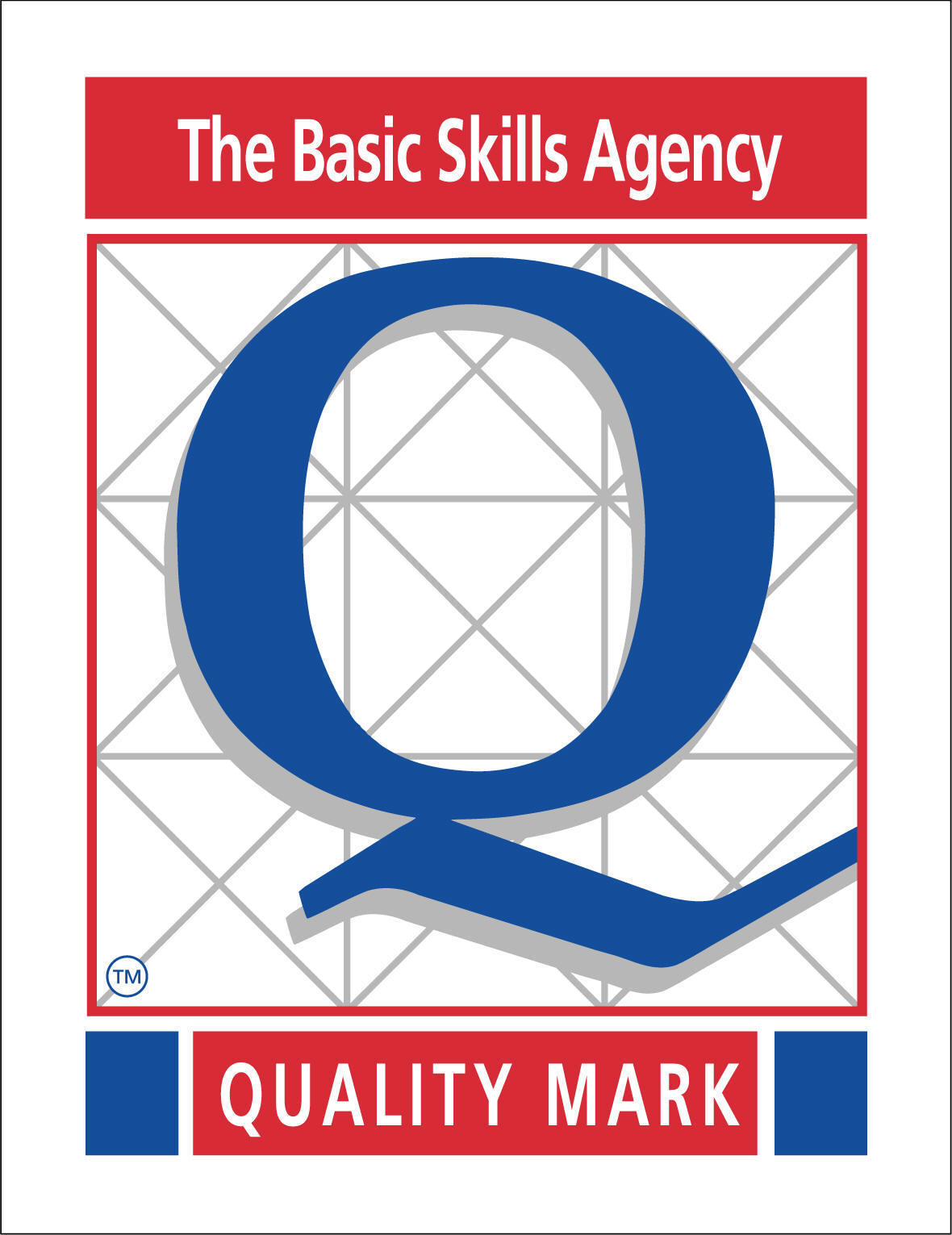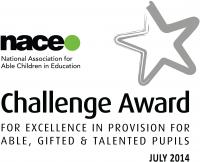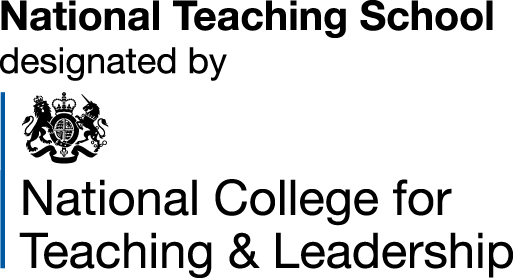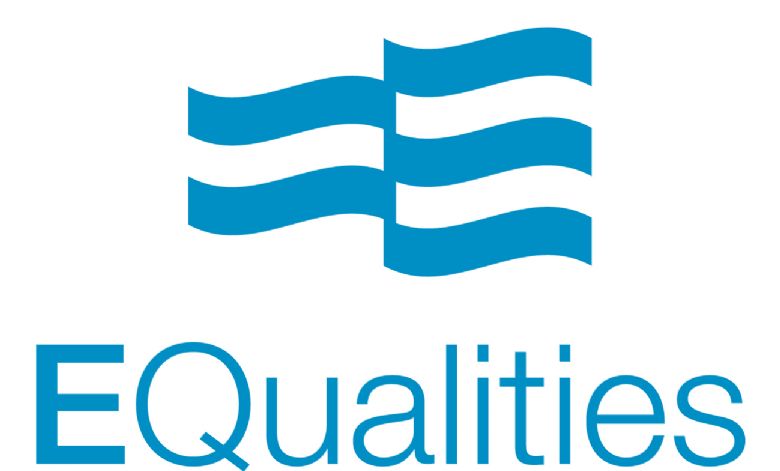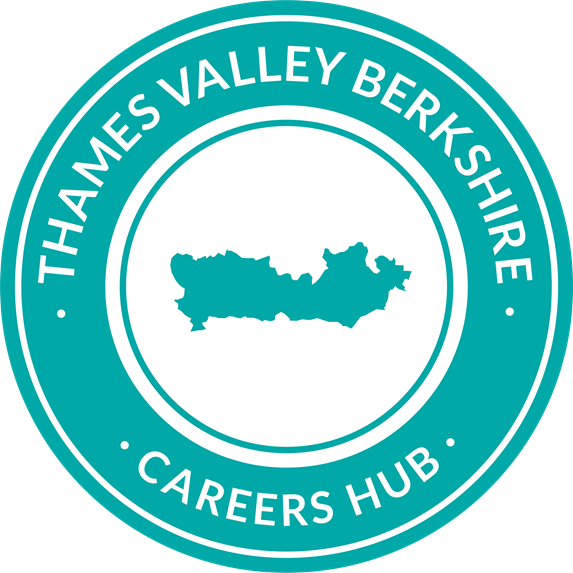History

Introduction
The Maiden Erlegh School History Department is an experienced, ambitious and innovative one. We are fortunate enough to have teachers with strong backgrounds in history education and this provides our students with an excellent historical education.
At KS3, students have three lessons over two weeks and study a range of topics through enquiry questions, such as:
- How successfully have equal rights been fought for in the UK?
- What was life like for Jewish people under Nazi rule?
- Did the Black Death cause a 'catastrophe' or 'real improvement'?
- Why did the English fight the English in 1642?
- Did WW1 help women get the vote more than women themselves?
Meanwhile, at KS4, students extend their learning with the AQA GCSE History specification covering a period study, thematic study, wider world depth study and a British depth study that includes the historic environment. The topics studied include: Conflict and tension, 1918–1939; Russia, 1894–1945: Tsardom and communism; Health and the people: c1000 to the present day; and Edward I 1272-1307.
Finally, at KS5, our students study the OCR A Level History A specification covering: England 1547–1603: the Later Tudors; Democracy and Dictatorships in Germany 1919–1963; Civil Rights in the USA 1865–1992 and a 3,000-4,000 topic based essay arising from independent study.
Through this curriculum, the teaching and the learning, students develop key learning skills in History as well as extending their knowledge and understanding of specified key events, periods and societies in local, British, and wider world history. They develop as independent learners and as critical and reflective thinkers, being able to reach substantiated conclusions. Analysis and evaluation are built into the subject and developed throughout. They also acquire the ability to ask relevant questions about the past, to investigate issues critically and to make valid historical claims by using a range of sources. They learn how and why different interpretations have been constructed and understand how accuracy and reliability affect utility.
We love teaching history and try to inspire our students to feel the same!

